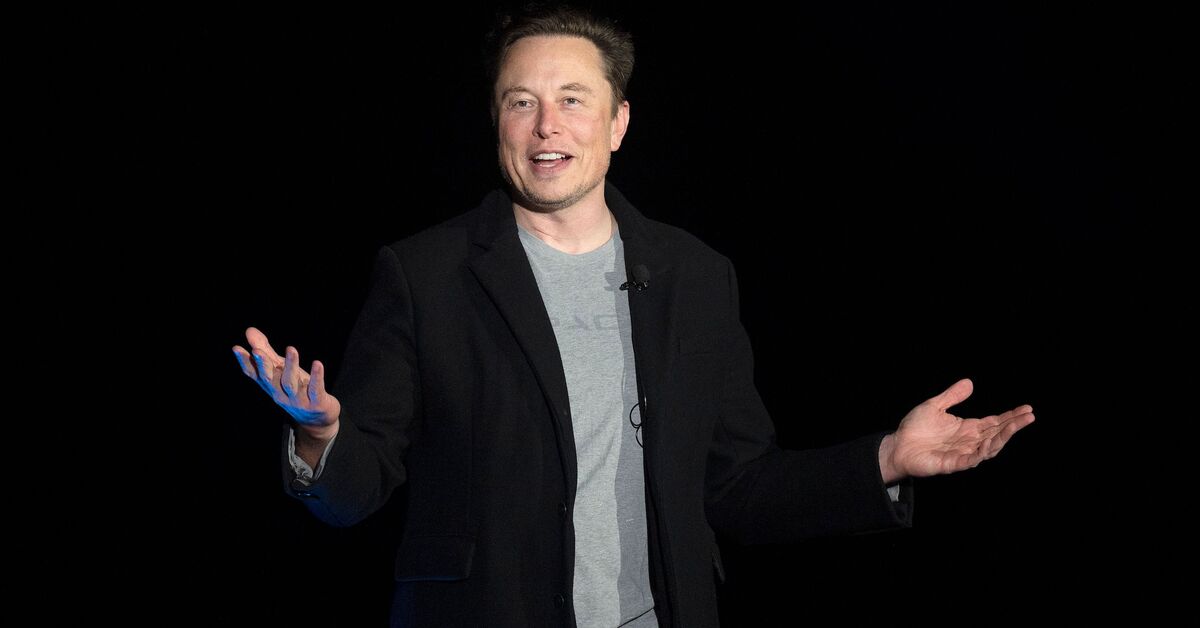Opinion: My nervous journey abroad sharpened my appreciation for American civic life
Russia and Turkey were probably not high on a list of countries for most Americans to visit in the past year. Nevertheless, my wife and I traveled to Russia once and Turkey twice.
Three months before Putin started his senseless war against Ukraine, we were staying at the Marriott Kremlin in Kazan. The city is the fifth-largest in Russia, situated on the Volga River about 600 miles east of Moscow.
During that month-long stay, the hotel staff was overwhelmingly helpful and courteous. However, those who have traveled in Russia are familiar with the nondescript person in the lobby apparently monitoring the comings and goings of the hotel’s guests.
According to my son, who was living in Kazan during the war, the atmosphere was “eerily normal.” Still, we were acutely aware that the Russian Federal Security Service, the FSB, knew where he and our dual-citizen daughter-in-law and grandson were living.
We fervently wanted them out of Russia.
One country that allows Russians to come is Turkey. In May, four months into Putin’s war, we rendezvoused with our son’s family at the Istanbul airport and flew to the Mediterranean Coast of Turkey.
Already many Russians were there – some on vacation and some fleeing their country. We also met a Ukrainian family whose son was the same age as our 3 1/2-year-old grandson. The family had owned a car dealership in Ukraine and had driven to Turkey. Their world had been shattered.
In September, our son moved his family to Kemer, Turkey on the Mediterranean Coast.
We reconnected with them in January and spent five weeks in a nearby hotel. We enjoyed spending considerable time with our now 4-year-old grandson, who’s currently learning his third language at a Turkish preschool.
Three weeks into our visit, on Feb. 4, a massive earthquake struck. We were 270 air miles from the epicenter, and while our daily routine was unchanged, there was a surreal quality about the rest of our stay. Turkey went into a seven-day mourning period, flags lowered to half-staff, and all entertainment canceled.
Some news outlet reported that we are approaching an incomprehensible 50,000 people dead.
The tragedy got a face when we met Erdem from Marash, one of the towns destroyed by the earthquake. He and his wife are medical professionals. Their two children and most of their extended family were now residing at the hotel. They had lost everything.
Erdem was very pro-American having spent two years studying at a university in the U.S. He appeared upbeat but his anger flared when he talked about the shoddy construction that had happened in his hometown. He believed many of the contractors had paid off inspectors and other officials.
Even though the news said the authorities had arrested 100 contractors, he was skeptical that anything would happen to those detained. “If you have money, you can get away with anything in Turkey,” he said.
Erdem said he had a lot of respect for the United States’ “rule of law.”
Coming back to Colorado we landed in the throes of the Denver mayor’s race.
I know we have serious problems as a state and country. However, in totalitarian countries, a person’s everyday political life is repressed, so it was refreshing to be back home where we have civic organizations in our society that act as a countervailing force to the market and government sectors.
As one of the founding leaders of Coloradans for the Common Good, a broad-based organization made up of approximately 30 diverse congregations, nonprofits, neighborhood groups, and unions, I believe we can have an impact on decisions that affect our lives. CCG is affiliated with the Industrial Areas Foundation network.
Recently, leaders of Coloradans for the Common Good conducted more than 1,000 one-to-one meetings. I know that would not have been allowed in Russia, and probably not in Turkey, either.
We asked people “what keeps them up at night.” We plan to share those findings with the two mayoral runoff candidates at a large public meeting. We want the candidates to understand that it is in their interest to recognize Colorado for the Common Good as a key organization to work with in tackling these problems.
I realize that we have many challenges in our political process, but I know that as a CCG leader confronting people in power, I won’t “accidentally” fall out a window.
The line on the Coloradans for the Common Good logo is “making democracy work” and we are passionately committed to achieving that goal.
Zeik Saidman lives in Denver.





